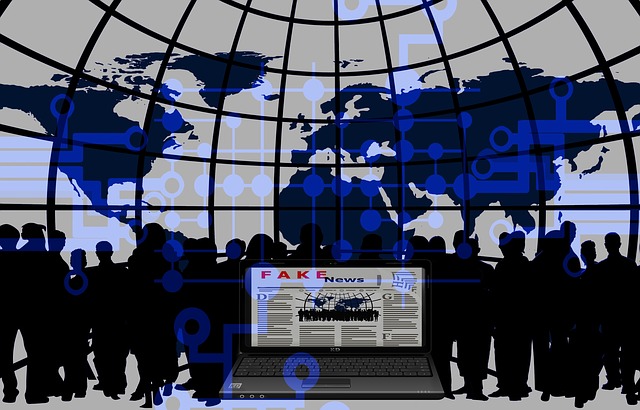 Fake news is a worldwide problem. While Americans ponder how to limit fictional stories that masquerade as factual news, other policy makers around the world also grapple with the problem.
Fake news is a worldwide problem. While Americans ponder how to limit fictional stories that masquerade as factual news, other policy makers around the world also grapple with the problem.
In many instances, defining “fake news” is the first challenge. (“False news” may better describe the issue than the more commonly-used “fake news.”) The European Commission’s “high-level group of expert” (the HLEG) that was created to offer recommendations to counter fake news and online misinformation says the problem goes beyond the term “fake news.” It says the problem is “disinformation” which it defines as “all forms of false, inaccurate, or misleading information designed, presented and promoted to intentionally cause public harm or for profit.” It does not cover illegal content such as defamation, hate speech or inciting violence – content that’s already covered by European Union or national European laws.
“The muddying of the definition of fake news, the relative reach of which is still being studied, hinders governments’ ability to accomplish anything effective,” observes Daniel Funke at The Poynter Institute.
EU Group Offers Recommendations
The group urges the EU to avoid solutions that entail censorship and recommends against regulating disinformation. Its recommendations include:
- Enhancing transparency of online news, including data about systems that enable circulation of online news;
- promoting media and information literacy to help users navigate the digital media environment;
- developing tools to help users and journalists tackle disinformation and use fast-evolving information technologies;
- safeguarding the diversity and sustainability of the European news media ecosystem, and
- promoting continued research on the impact of disinformation “to evaluate the measures taken by different actors and constantly adjust the necessary responses.”
Other Attempts to Limit Fake News around the World
Poynter cited more than dozen countries in addition to the EU that are considering legislation to counter fake news and other types of online misinformation. While efforts vary, many also raise concerns about limiting free speech and how to define misinformation.
In perhaps the most aggressive effort, Germany passed a law this year titled “Netzwerkdurchsetzungsgesetz” (NetzDG) that forces online platforms to remove “obviously illegal” posts within 24 hours or risk fines of up to €50 million. It’s aimed at larger social networks like Facebook, YouTube and Twitter. Enforcing the law has proven challenging, and critics charge that too much content is being blocked.
Officials are considering revising the law. Possible revisions include allowing users to get incorrectly deleted content restored and pressing social media companies to create independent bodies to review questionable posts.
Some say assigning the responsibility to social media platforms, companies that make money from clicks, is a mistake. “You don’t appoint a butcher to defend the interests of vegans!” writes Jennifer Baker at TNW. In addition, regulatory penalties will turn social media networks into censors as they seek to avoid regulatory reprisals and “false positives” soar.
While most efforts have emphasized technological solutions, automated content filtering systems are horribly inaccurate – largely unable to differentiate factually-based news from misinformation.
Concerns about Election Interference
Some governments emphasize preventing foreign interference in elections rather than fake news specifically. A bill in the US Congress would require online platforms such as Facebook and Google to keep copies of ads, keep public records on who is paying and how much they’re paying.
In the UK, the government created the National Security Communications Unit to combat “disinformation by state actors and others” following charges that Russia spread misinformation to influence the 2016 Brexit referendum. The Conversation predicts the agency will bring back Cold War-era information tactics.
While governments continue to ponder how to control fake news, often fruitlessly, many companies and well-known individuals employ a media monitoring service that monitors fake news sites for their names. That enables companies, celebrities and their PR representatives to react quickly to false news reports.
Bottom Line: Policy makers around the world are grappling with how to combat fake news. Proposals have received mixed reviews at best. Some efforts seek to counter election interference without attacking fake news specifically. Defining fake news is the first hurdle. Some prefer the broader term of misinformation, false news or even information pollution.
William J. Comcowich founded and served as CEO of CyberAlert LLC, the predecessor of Glean.info. He is currently serving as Interim CEO and member of the Board of Directors. Glean.info provides customized media monitoring, media measurement and analytics solutions across all types of traditional and social media.



